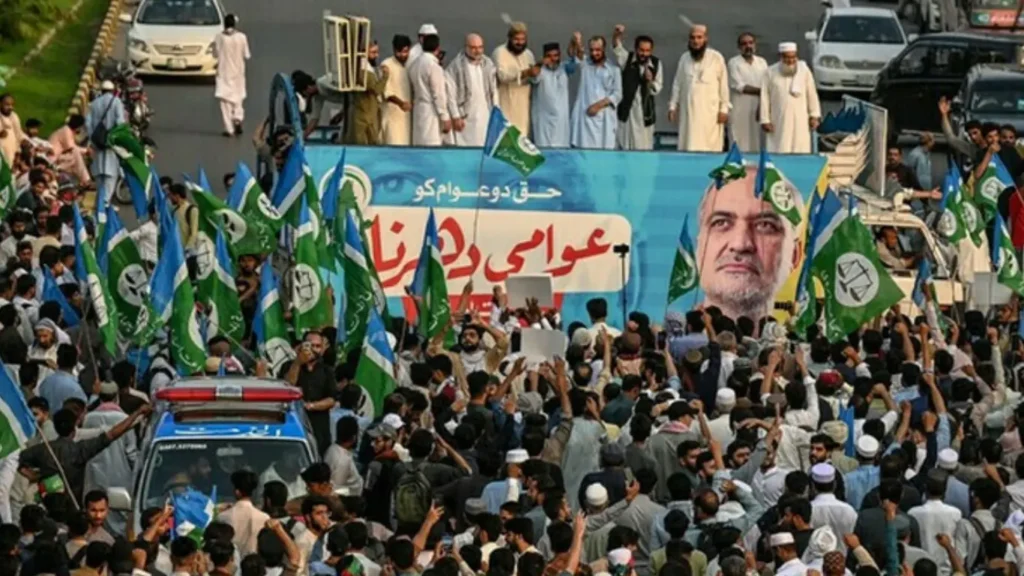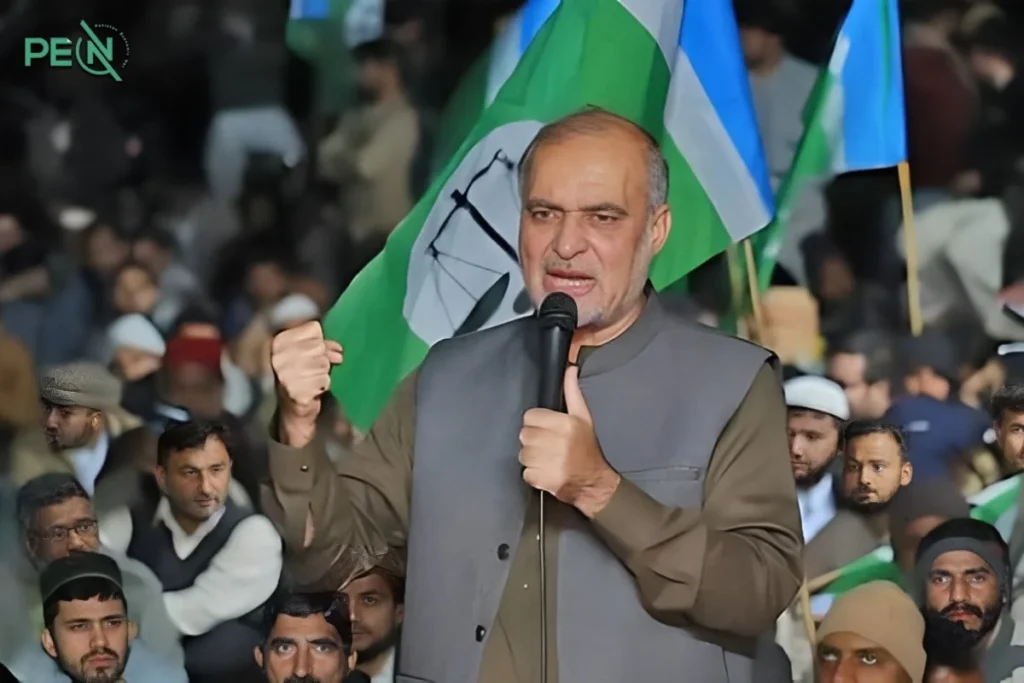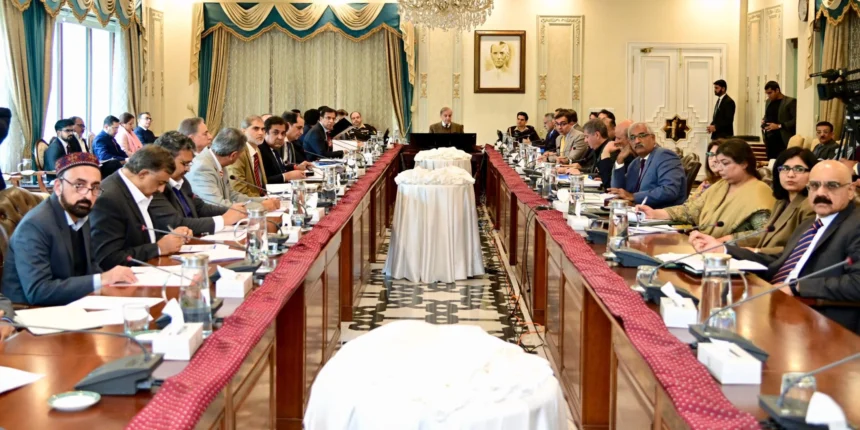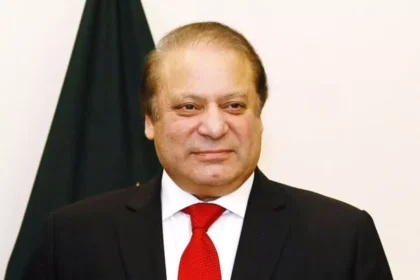In a significant development, Pakistan’s Federal Cabinet, under the leadership of Prime Minister Shehbaz Sharif, has approved revised agreements with 14 Independent Power Producers (IPPs). These agreements are set to bring about substantial cost reductions in the power sector, benefiting consumers across the country by decreasing electricity prices.
The revised agreements, negotiated between the government and the 14 IPPs, will lead to an 802 billion Pakistani Rupee reduction in profits and costs. Additionally, the government plans to cut 35 billion Rupees from the excess profits earned by these IPPs in previous years. The revised terms are part of the government’s broader effort to address the financial challenges posed by Pakistan’s power sector, which has long been a source of public frustration due to high electricity tariffs and significant circular debt.
According to an official statement, the cabinet approved these revisions during a meeting held at the Prime Minister’s House in Islamabad. The 14 IPPs involved in the revised agreements include 10 plants established under the 2002 power policy and four plants built under the 1994 power policy. In a major move, the government has also canceled the agreement with one IPP that was under the 1994 policy.
The revised agreements are projected to save the government a total of 1.4 trillion Rupees over the course of their implementation. This is expected to result in an annual saving of 137 billion Rupees, which will be passed on to consumers in the form of reduced electricity prices. Prime Minister Shehbaz Sharif hailed the revision as a major success, stating that it would not only result in savings for the national treasury but would also help in eliminating circular debt and lowering electricity costs.

The Prime Minister acknowledged the contributions of the Minister of Power, Power Advisor, the Secretary of Power, and the members of the task force established to address the issue of IPP agreements. He commended their efforts in reaching these successful revised agreements, which he described as crucial for Pakistan’s energy sector and economic stability.
In addition to the revised IPP agreements, the Federal Cabinet also approved several important restructuring measures as part of the government’s right-sizing initiative. One of the key decisions was the merger of the Ministry of Narcotics Control with the Ministry of Interior. This merger will result in the formation of an anti-narcotics wing within the Ministry of Interior, with the Anti-Narcotics Force (ANF) becoming an attached department of the Ministry of Interior. The merger is expected to save the national treasury 183.25 million Rupees annually in administrative, salary, and operational expenses.
Furthermore, the cabinet approved the merger of the Aviation Division with the Ministry of Defence. This decision is part of the government’s ongoing efforts to reduce the size of ministries and improve operational efficiency. The merger is expected to save 145 million Rupees annually and enhance airspace management in Pakistan. It is noteworthy that until 2013, civil aviation affairs were under the Ministry of Defence, and this decision marks a return to that structure.
In another key development, the cabinet approved a new section 45-A to be added to the Public Procurement Rules of 2004. This new provision will allow procurement agencies to delegate all or part of the procurement process to other agencies, aimed at improving efficiency and transparency in public procurement.
Additionally, the cabinet approved the National Commission for Minorities Act 2024, which will now be sent to Parliament for approval. This move aims to strengthen the protection and rights of religious minorities in Pakistan, addressing their concerns and improving their representation in the political process.
The cabinet also approved the extension of Dr. Muhammad Bashir’s contract for two more years as a member of the Technical Environment Tribunal in Islamabad. His tenure will be extended on a contract basis, ensuring continuity in the work of the tribunal, which deals with environmental issues in Pakistan.
While the revised IPP agreements have been welcomed by the government as a step toward reducing the financial burden on the country, they have sparked significant public outrage. The details of these agreements, which include long-term, lucrative contracts for private power producers, have fueled anger among ordinary citizens who are already struggling with high electricity bills.

Jamaat-e-Islami, a major opposition party, has been at the forefront of protests against the IPP agreements. The party has organized demonstrations in various parts of the country, demanding a full review and cancellation of these contracts. Jamaat-e-Islami’s leader, Hafiz Naeem-ur-Rehman, has been vocal in his criticism of the IPPs, accusing them of exploiting the people of Pakistan through exorbitant profits. He has also warned the government that if the planned protest in Islamabad on July 26 is obstructed, it will escalate into a larger movement aimed at overthrowing the government.
Hafiz Naeem-ur-Rehman has pointed out that the IPP contracts date back to the 1980s and that the people of Pakistan are still paying for electricity that is not even generated. He highlighted the financial hardship faced by ordinary citizens, with many struggling to pay electricity bills, some even selling their jewelry to meet the payments. The Jamaat-e-Islami leader has also stated that the country cannot afford to continue with these costly agreements, warning that the total payment to IPPs could amount to 2800 billion Rupees.
The party’s opposition to the IPP agreements has gained significant traction among the public, and the upcoming protest in Islamabad is expected to draw large crowds. The government’s handling of the issue has become a focal point for political tensions, with opposition parties criticizing the ruling Pakistan Muslim League-Nawaz (PML-N) for its handling of the power sector.

The revised IPP agreements are a critical step in addressing Pakistan’s energy crisis, but the political and public backlash suggests that the issue is far from resolved. While the government has secured significant savings and is attempting to reduce the financial strain on the power sector, it faces mounting pressure from opposition parties and the public, who feel that the reforms do not go far enough in addressing the root causes of the energy crisis.
As Pakistan navigates these challenges, it remains to be seen whether the revised agreements will lead to sustainable improvements in the power sector or if they will continue to fuel political and public unrest. The government’s ability to balance economic reforms with political stability will be key in determining the success of these efforts.
In the coming weeks, the government will likely face increasing scrutiny over its handling of the IPP agreements, and the situation could evolve into a broader political confrontation, particularly with the upcoming protest planned by Jamaat-e-Islami. The outcome of these events will play a crucial role in shaping the future of Pakistan’s energy policy and its broader political landscape.
Source: The COW News







